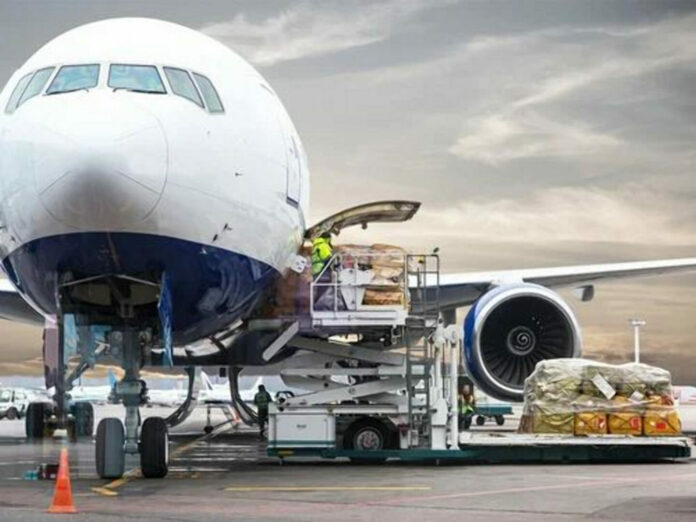The aviation industry comprises several moving parts which come together to form an ensemble. Acquisition of planes is one part. The right of planes to access the airspaces of multiple countries is another.
The generation of sufficient passenger and cargo traffic to make the business of flying viable is a third part. Orchestrating these parts into a symphony is no mean feat.
The recent spat between Kenya and Tanzania over the latter’s demand for fifth freedom rights belies the jarring discord behind the running of nascent African carriers.
At first blush, it appears as though Kenyan authorities have reneged on mutually agreed on Bilateral Air Service Agreements (Basas) in refusing to grant Air Tanzania cargo rights. Yet such rights are already canvassed in the third and fourth freedom rights negotiated in 2016.
The subject of the spat are fifth freedom rights that allow Air Tanzania to pick cargo from Kenya for onward conveyance to a third country. These rights have since been granted after a meeting of policy wonks from both countries.
But is this the sort of win-win situation envisaged by Basas? Would not consensus still have been reached without the arm-twisting that dragged Kenya Airways into the spat.
It is no secret that Kenya is the regional envy in matters of aviation. Tanzania is playing catch-up. But how it goes about it raises many questions.
For starters, Air Tanzania has a mixed fleet of Dash 8s, Airbuses, and Boeings. Industry pundits reckon that such a fleet poses challenges when it comes to maintenance, training and upgrading. Most of Air Tanzania’s A220 fleet was at some point grounded for over a year because of technical problems with their Pratt & Whitney engines.
Second, the benefits of having a national freighter seem to have been oversold. There are far more cogent reasons for acquisition of freighters than mere bragging rights. Perhaps that is what most airlines on the African continent are discovering.
Things to know about cheap flight tickets, lost luggage, overbooked flights
Air Tanzania doesn’t seem to have been spared the blushes. Air freight is suitable for cargo that is perishable. Tanzania’s principal exports are gold, coffee, cashew nuts and cotton. These are exports that are better served by sea freight.
Air Tanzania, like most cargo freighters in Africa, finds itself caught in the thorny problem of one-directional traffic. Whereas there is a lot of air freight coming into the continent, there is hardly any that leaves yet planes must be fueled for both sides of travel. Only Kenya seems to have hacked the problem by generating cargo traffic both upstream and downstream.
Jomo Kenyatta International Airport (JKIA) is the biggest air cargo export market out of Africa by volume. From JKIA, flowers, fresh fruit and veggies, chilled meat and seafood are exported to major markets in Europe and the Middle East.
It is this market that Air Tanzania seeks to tap into for its Boeing 767 freighter. Further questions arise: Now that Air Tanzania has fifth freedom rights to pick cargo from Kenya to a third country, will the same rights be accorded to Kenyan carriers going into Tanzania?
Should Kenya Airways choose to exercise such rights through its passenger traffic, would it not sound a death knell to Tanzania’s nascent airline?
This opinion piece was written by aviation analyst Leo Khafafa.








